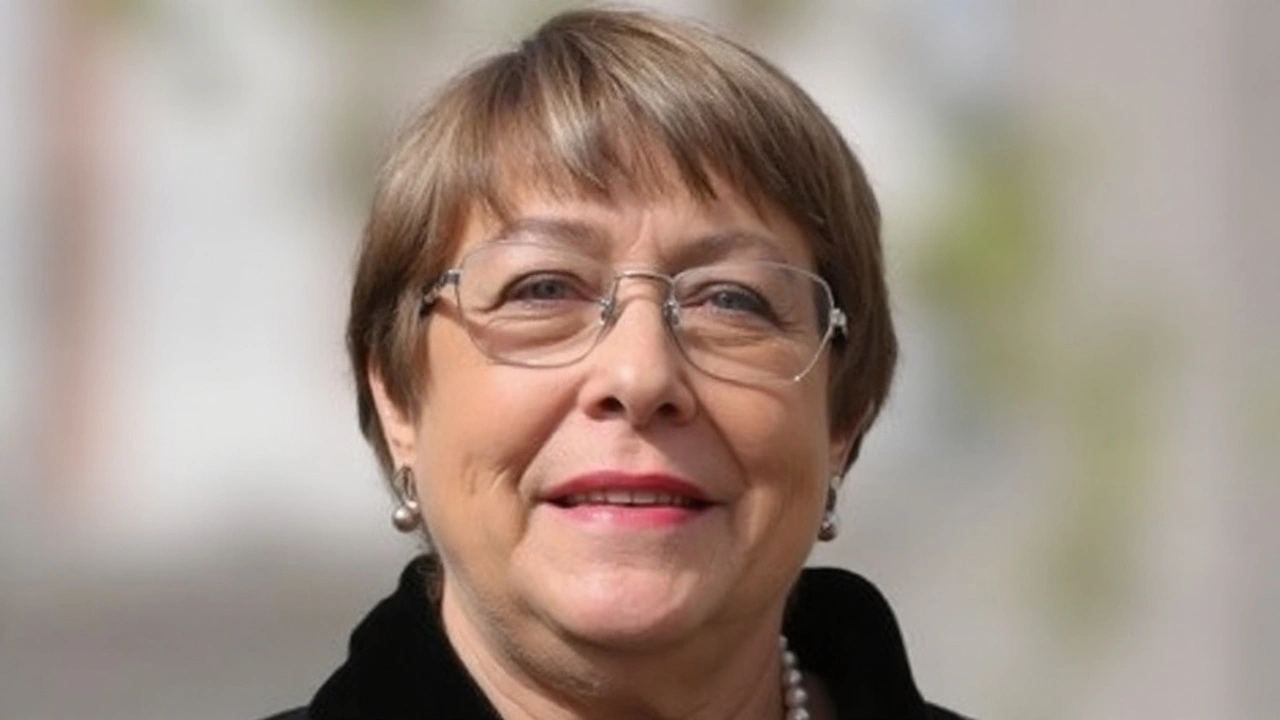Michelle Bachelet – trayectoria, reformas y legado
When working with Michelle Bachelet, ex presidenta de Chile y referente internacional en derechos humanos. Also known as Bachelet, she ha ocupado los cargos de ministra de Defensa y Alta Comisionada de la ONU para los Derechos Humanos. The Presidencia de Chile benefició de sus dos mandatos (2006‑2010 y 2014‑2018), mientras que la Política chilena se vio marcada por sus propuestas de igualdad de género y reforma educativa. Below you’ll find a curated set of stories that explore these moments.
One of the most talked‑about achievements is the reforma educativa that Michelle Bachelet promoted during her second term. The reform aimed to reduce segregation, increase public funding and guarantee free higher education for the most vulnerable. This initiative connects three core ideas: a stronger public school system, broader access to university and, ultimately, greater social mobility. In practice, the law requires schools to adopt inclusive curricula, enables scholarships for low‑income students, and influences labor market outcomes by creating a more qualified workforce.
Another pillar of her legacy is the focus on derechos humanos. As UN High Commissioner, Bachelet oversaw investigations into violations in Myanmar, Yemen and Venezuela. Her work demands transparent reporting, encourages international cooperation and shapes policy debates on asylum and refugee protection. The link between her national experience and global advocacy is clear: the same commitment to gender parity that guided Chilean ministries also informed UN resolutions on women’s participation in peace processes.
From a political angle, Bachelet’s tenure redefined the role of the Partido Socialista in Chile. Under her leadership the party shifted from a traditional leftist platform to a broader centre‑left coalition, inviting centrist parties to the Nueva Mayoría. This strategic alliance enabled her administration to pass tax reforms aimed at reducing inequality, while also sparking debates about fiscal responsibility.
Economic policies also carry her imprint. The reforma tributaria of 2014 raised contributions from high‑income earners and multinational firms, funding social programs such as universal preschool and health insurance expansion. The fiscal measure links higher revenue to social investment, illustrating her belief that economic growth must be inclusive.
Beyond the headlines, the articles gathered here reveal how Bachelet’s decisions affect everyday Chileans. You’ll read about the impact of the pension reform, the controversy surrounding the student protests of 2011, and the ongoing dialogue about constitutional change—issues that still shape public debate in 2025. Whether you’re a student, a policy analyst or just curious about recent Chilean history, this collection offers a practical lens on how one leader’s vision continues to echo across the country.
Now, dive into the stories below to see how Michelle Bachelet’s policies, challenges and achievements are still being discussed across the nation.

Michelle Bachelet, candidata chilena a la Secretaría General de la ONU
Chile ha presentado a la ex presidenta Michelle Bachelet como su opción para suceder a António Guterres en la ONU. La nominación, anunciada por Gabriel Boric en Nueva York, llega en medio de una creciente presión para que la organización tenga a su primera mujer al mando. Bachelet combina experiencia como jefa de Estado con roles claves en la agenda de derechos humanos y género. Su historial personal, marcado por la dictadura chilena, refuerza su credibilidad en temas de justicia global. La candidatura compite con otras figuras femeninas de alto perfil.
Leer más